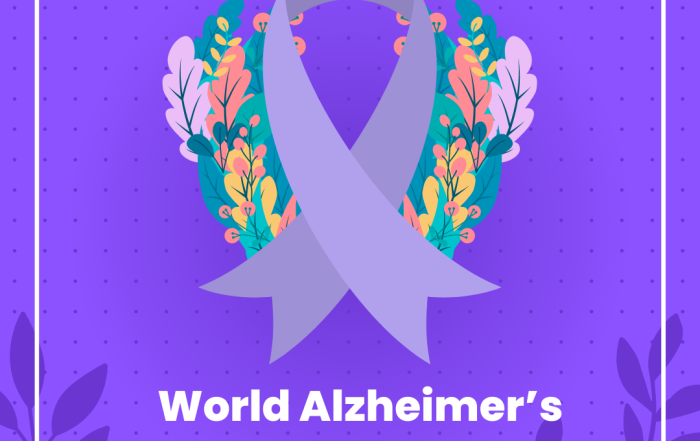On some level, we all know that life doesn’t go on forever. Regardless of age or health, there will come a time when the people we leave behind will have to make decisions about our end-of-life care. Seniors who take the time to provide explicit instructions about their wishes not only ensure that they’re carried out – they take a tremendous burden off of their loved ones.
As seniors get older, the people close to them often feel added pressure to make sure they understand their final directives. While no one looks forward to conversations about life support, resuscitation, and diminished capacity, taking the time to have them can make a tremendous difference in your senior’s quality of life.
Get peace of mind about end-of-life decisions.
Here are a few tips for starting productive conversations about end-of-life directives so that you and your senior loved one can have greater peace of mind.
1. Set a good example.
Conversations about end-of-life wishes can be an unpleasant reminder of our mortality. Help your loved one reframe their feelings by expressing that you’ve been putting thought into your own advanced directive.
End-of-life planning isn’t just for the elderly – it’s something we can all benefit from at any age. If you are nervous about broaching the subject, leading with your own experience can take a great deal of pressure off of the conversation.
Share your views about:
- How you would like your medical care team to handle specific scenarios
- Who you would like to make your healthcare decisions if you can’t
- How you want your life to be celebrated.
Then, open up the floor for your loved one to share.
It’s a good idea to formalize your wishes by designating a healthcare proxy and creating a living will. Lead the way by taking this step on your own behalf, and you can help a reluctant elderly loved one take a more neutral view of the pre-planning process.
2. Choose the right moment.
The right time and place for a discussion about end-of-life directives will vary tremendously based on the individual.
For some, it would be an ideal conversation to have when friends and family members are around to share their thoughts. Others will prefer to keep the discussion private. Use what you know about your loved one to choose a comfortable setting.
Keep in mind that for some, conversations around death and dying can be deeply uncomfortable. Make sure your loved one doesn’t feel trapped by offering to have the discussion at a different time if they prefer. End-of-life directives involve many big decisions that no one should be expected to make on the spot.
Be willing to revisit the topic in the future, and give your loved one time to think in private before responding.
 3. Take notes.
3. Take notes.
With your loved one’s consent, jot down their wishes as they describe them to you. These discussions can be difficult to have, so putting their thoughts into writing can prevent you from having to revisit certain topics multiple times.
Share your notes with your senior loved one to make sure you have a correct and complete understanding of their decisions. A written record can also make it much easier to help other family members and healthcare providers understand their wishes in the event of an emergency.
4. Do your research about advanced directives.
End-of-life planning involves many individual decisions that can be medical, financial, spiritual, and more. In order to ensure that you’ve covered all relevant topics, it’s a good idea to take a somewhat systematic approach. Fortunately, free resources like The Conversation Project make these conversations easier by providing discussion guides, checklists, and workbooks.
When you’re ready to formalize these advanced directives, consider getting help from a legal professional. Requirements for living wills and healthcare powers of attorney vary from state to state, and a licensed attorney can ensure that your loved one’s wishes are binding.
5. Don’t procrastinate.
Too often, we don’t recognize the importance of end-of-life planning until we’re in the position of wondering what our loved one would have wanted. Medical emergencies and degenerative conditions like Alzheimer’s and dementia can take away seniors’ ability to speak on their own behalf. The best way to ensure that their wishes are honored is to memorialize them while it’s still possible.
Take the stigma out of speaking about advanced directives with a matter-of-fact approach, and be willing to revisit this discussion until you are confident you and your loved one have reached an understanding.
Your senior, as well as your extended network of family and loved ones, will benefit from your willingness to have this important conversation.


 3. Take notes.
3. Take notes.




